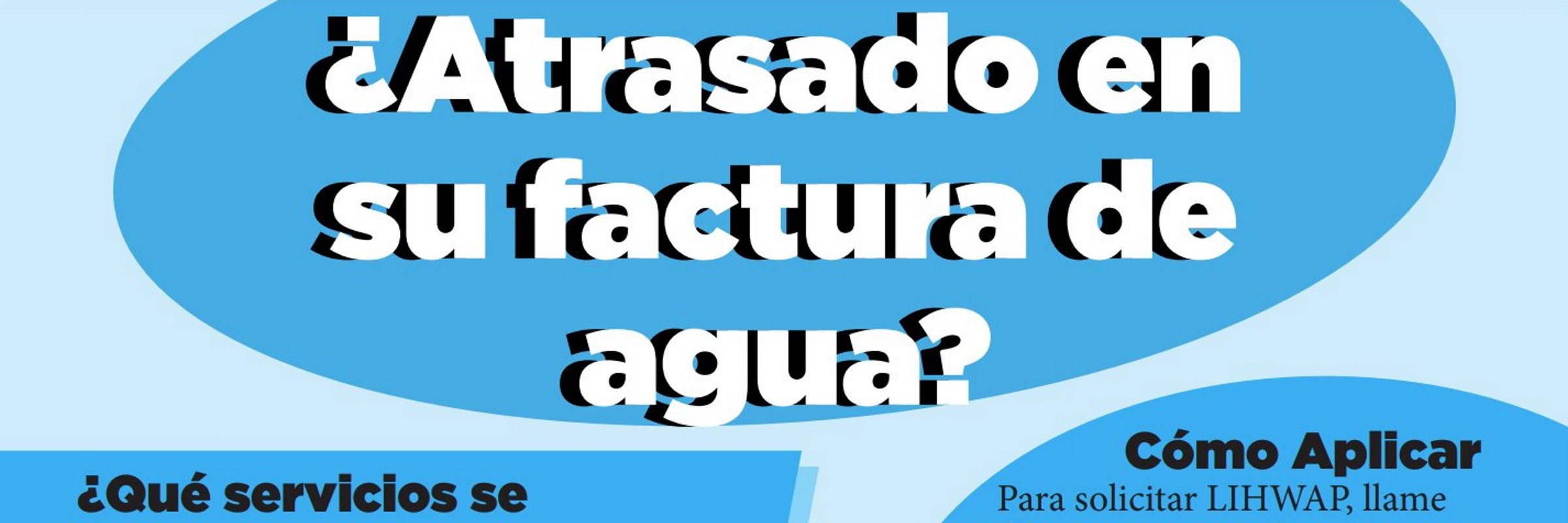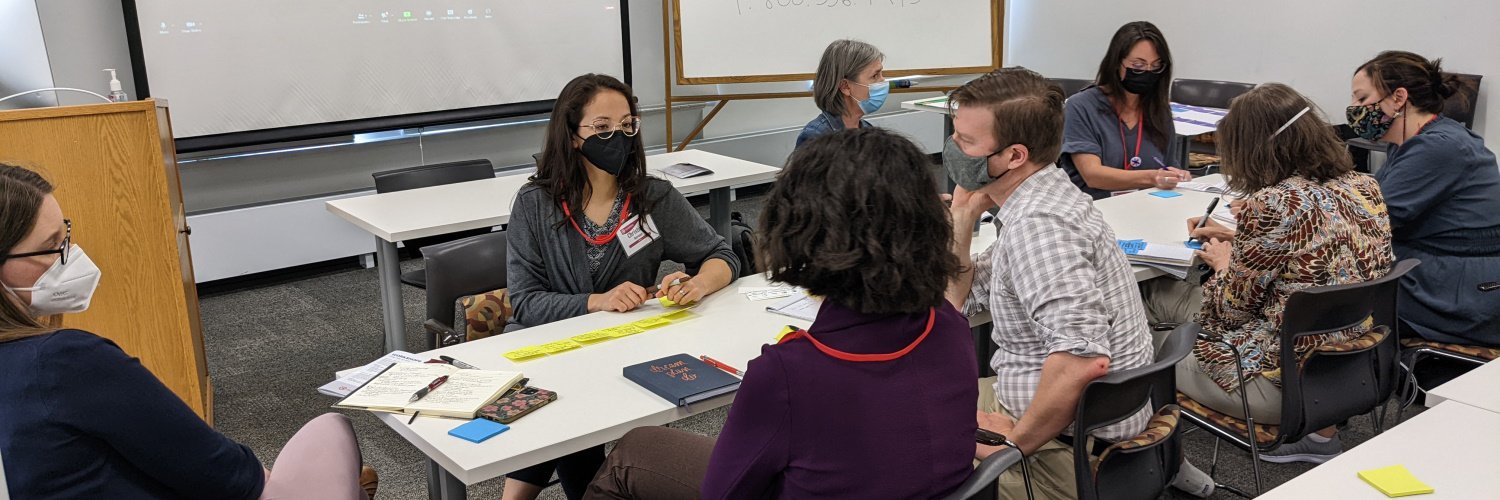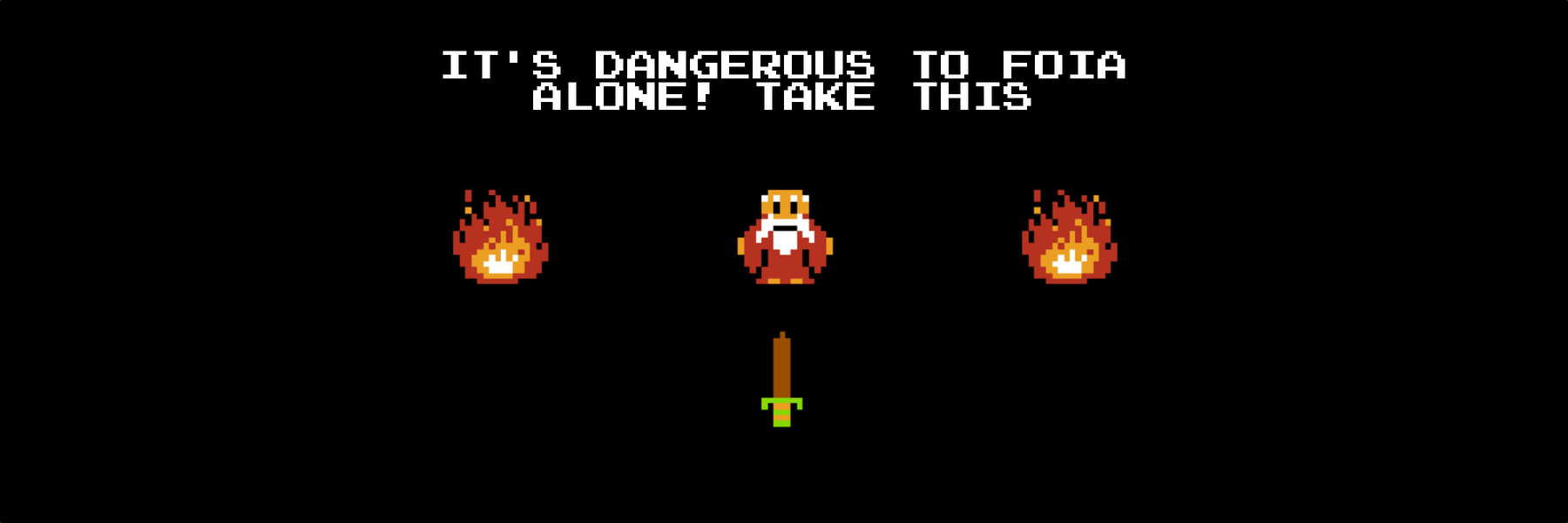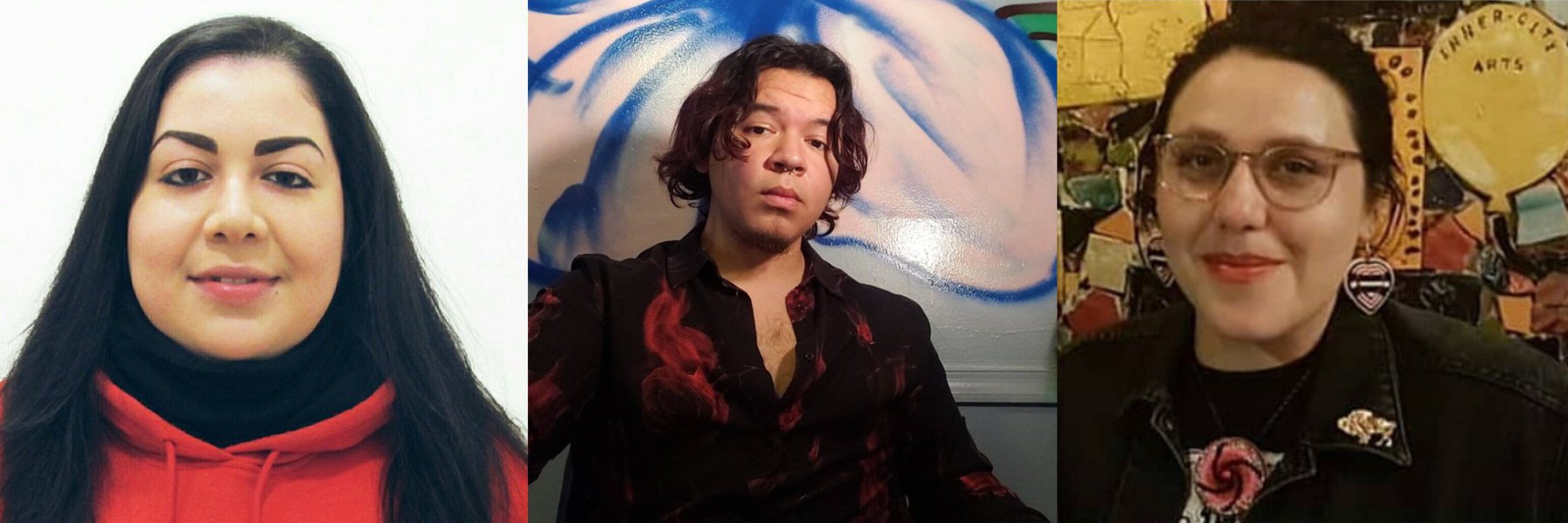Since I began my work in the MuckRock Transparency Corps I have had the opportunity to work alongside some very knowledgeable folks and collaborate in a manner I didn’t know was possible.
I work for a hyperlocal newsroom in Cicero, Illinois, and feel relatively inexperienced compared to the rest of my cohort, initially making it quite rough to get acclimated to a new work environment. This speaks to one of the struggles I have identified with collaborating thus far. Above all else is the need to build trust with collaborators. It takes time to trust the people you’re working with. Delaying or attempting to skip that step in the collaborative process will only derail the goals and expectations we all have.
However, over the course of a few weeks and some helpful training sessions, those feelings subdued. The continued patience and support provided by the entire cohort gave me the confidence to participate more actively in our conversations and workshopping.
This newly found confidence allowed me to continue my work and research into Cook County’s certain rental and utility assistance programs. My initial hypothesis focused on the lack of accessibility and awareness of Cook County rental and utility assistance programs for people who needed it most. Part of the training I received early in this cohort emphasized the importance of asset framing so it only made sense that I should first inform myself of the resources available for Cook County and the communities they serve.
Around this time the cohort met to discuss what we called an actionable product. When working on investigations, it can feel like you have to hold on to every bit of information for whatever reason. However, that just isn’t feasible or beneficial when there are people in dire need of support. Sometimes, making it possible for those affected to have access to this information will help either prove or disprove your working hypothesis. I ended up producing a poster outlining the various eligibility requirements and application process for a water assistance program in Cook County. Understanding the community I serve, I ensured the poster was in both English and Spanish.
I decided it would be beneficial to include a background on the organization managing this program and the available support for undocumented peoples. It serves no purpose to hold on to information like that.
Doing this work to become acquainted with what was available for residents helped me realize early on that much of this information and the applications for the aforementioned programs were certainly lacking in accessibility and visibility. Although this may not have been intentional by the county, it is still the reality. This realization opened the door to many other questions I had. But first, it was pertinent to remember the goals we had in mind as a cohort and center the communities we serve.
I read an article by Grace Asiegbu at Injustice Watch which explored how pandemic relief like the rental assistance program might have prevented an eviction crisis in Chicago. This article motivated me to focus on how different communities were affected and the magnitude of relief they received. So I began by trying to find any data reported by Cook County regarding the demographics of applicants for their emergency rental and utility assistance program. I found that Cook County had made a few visualizations on their website that outlined the number of applicants per zip code and the unemployment rate of applicants. But the data behind those visualizations was not openly provided on their site. So I sent out a FOIA request in late April to the county in search of the data set used to produce these visuals and was told that no responsive documents were found.
Fast forward three months. With a bit of good fortune (accidentally turning on automatic, weekly follow-up emails on MuckRock) the county eventually reopened my FOIA request and found the dataset. They provided me with an extensive dataset of the 16,000+ applicants, the amounts of rental and utility assistance approved, ZIP+4 and about 40 other columns of information per applicant. I am currently working with the dataset to identify what my next steps are for on-the-ground reporting, and how I can best utilize this data to support the community I serve.
I am realizing that reporting accurately on other communities would require some further collaboration.




